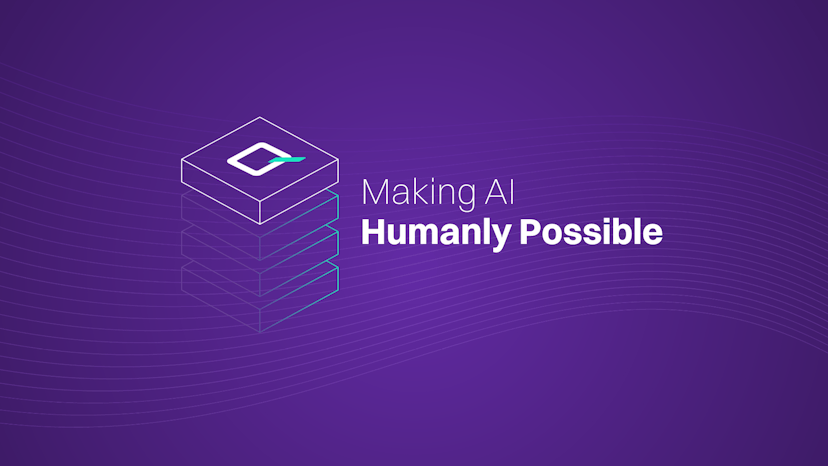PwC and Quantexa Help Customers Unlock Data for Better Automated Decision-Making
Decision intelligence is paramount to access and deploy trusted, reliable data—the foundation of smart, swift decision-making and efficient business operations.
Building trust and delivering positive outcomes remain important goals for businesses today as they search for stronger, faster solutions to help them succeed. Tapping into these solutions helps back-office business teams—involved with risk and compliance—to achieve real gains in cost and efficiency.
Numerous challenges and threats stand in the way of achieving this success. These challenges can be found in supply chain, procurement, and customer onboarding, and can also include anti-financial crime and fraud efforts. When teams work using disparate data streams gathered from untrustworthy sources housed in siloed systems, they often struggle to get a comprehensive overview of available data—an overview that is necessary for quality decision-making.
Together, Quantexa and PwC empower organizations with the right data to make the right decisions. Quantexa’s Decision Intelligence Platform helps businesses understand data more effectively by turning it into a renewable and reusable resource.
Challenges and threats across industries
Data sourced from disparate systems is at the core of challenges and threats. This is true over a wide range of industries. Financial services firms, for example, are required to retain and verify data. By validating and understanding client data through trusted third-party sources, these firms will not need to raise as many information outreach requests to their clients to improve their customer experience. Customers and digital applications produce more data than ever across new channels. Risk, therefore, is not just determined by the direct attributes of a client, but also by that client's relationships and interactions with other entities. What’s required is an understanding of networks and the relationships, both declared and undeclared, that define the actual risk.
For telecommunications businesses, grappling with large volumes and complex networks of external entities is inefficient, since much of that data is of poor quality, sparse, and, in many cases, difficult to match. Without the capability to monitor data, clients are prevented from detecting risks in real-time. These challenges can be compounded by the pressure of increased governmental regulations, as well as the threat of financial penalties. By implementing decision intelligence, telecom organizations can connect data to effectively identify, monitor, and support customer outcomes—which allows them to tailor offers and communications accordingly.
Businesses in the insurance sector are no different. They’re under pressure to squeeze more value from their data, but using poor data sources leads to inexact results, inhibiting their ability to provide customers with more competitive products and services. Decision intelligence helps insurers connect internal and external data. It provides a richer and more comprehensive understanding of all applicants, customers, third-party claimants, and suppliers across the value chain.
For government agencies, fragmented and siloed data prevents leaders and agents from viewing the full picture. Poor data hinders them from pivoting quickly to meet evolving challenges—whether that’s detecting and preventing fraudulent acts, securing borders, or preventing potential terrorist attacks. Implementing a decision intelligence solution delivers fully contextualized data that is easily integrated into existing systems, enabling government agencies to block fraud, maintain compliance, investigate crimes, and improve reliability.
Benefits of creating a unified data view
By enabling clients to access a unified view of information, they can expand their capabilities across operations. Tapping the power of cutting-edge technology such as artificial intelligence, machine learning, and data analytics, businesses fortify defenses, extend their reach, and detect new and existing risks. They can further increase investigations efficiency and reduce the rate of false positives.
Working together, PwC and Quantexa are combining their innovations to enable third-party screening, the generation of entity risk insights, and contextual monitoring. Quantexa's Decision Intelligence Platform proactively monitors customers and more empowered data for potential instances of financial crime, human error, and non-compliance, all within a single platform. Its powerful advanced analytics capability connects multiple internal and external data sets, providing a single view of the data enriched with intelligence that brings clarity to the relationships between people, organizations, and processes. The right data leads to the right decisions.
More everyday value
Decision Intelligence enables flexible dashboarding that presents evidence outcomes across customer populations. This enables ease of investigations into specific customer segments, products, and channels, resulting in more thorough internal processes and customer journeys for clarity.
Another benefit is the automatic generation of actionable insights that highlight areas of focus for remediation, such as pricing anomalies or identification of vulnerable and more high-risk customers. This is complemented by graph analytics, which fosters the understanding of outcomes in the context of connected groups of customers (e.g. households, social groups), and can be utilized to unlock insights from a contextual view of customers (e.g. a customer is the owner of a struggling business).
In the dynamic landscapes of a wide range of private and public sector operations, proactive risk monitoring has emerged as a crucial practice in safeguarding against the aforementioned challenges and threats. As we face an ever-expanding reliance on global connectivity, it is imperative to ensure compliance, protect stakeholders, mitigate any potential financial crime risks, and maintain a competitive edge. This and more can be achieved by embracing data-enriched decision-making as an integral part of your everyday operations.




